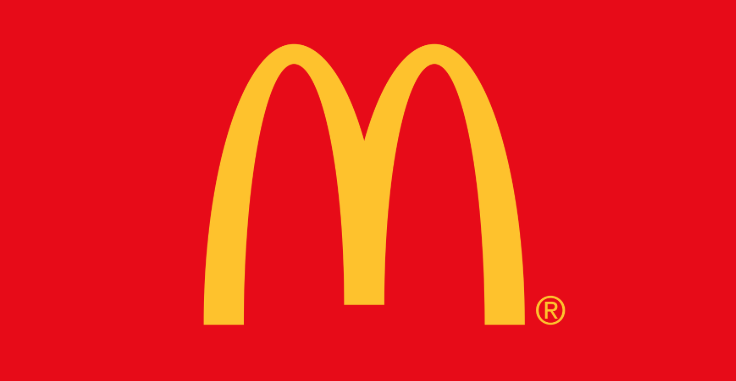CEO behaviour can destroy your brand’s reputation
CEO behaviour, including #MeToo related revelations, is impacting brands’ reputations, and their bottom lines. Tony Jaques explains why CEOs are proving to be such a liability, and what companies can do about it.
Two weeks ago, the board of McDonald’s had the embarrassing task of sacking their CEO for a consensual but inappropriate relationship with a female employee. The board said Steve Easterbrook had “demonstrated poor judgement” and the former CEO himself told staff he agreed and that it was time for him to move on.
But it’s also time to recognise that such events are not uncommon, and have a real impact on the brands such CEOs represent.



I can confirm that I’ve moved from Qantas to Virgin off the back of the hypocrisy of the Qantas CEO
This is the type of accountability I could get used to. Brandstanding hypocrisy is sickening.
Tony seems to get caught in overseas airports and decides to write an opinion piece for Mumbrella to while way the time.
“Here are the broad opinions of a bored man in transit”
It is time that the world stopped this PC, kindergarten level, and almost puritanical self-loathing.
We are human beings, after childhood games and soft toys have been discarded, we progress to adult behaviour, and become, inter alia, sexual beings. No company should ever have the right to dictate how adults conduct their private lives, so long as such behaviour does no harm to one’s fellows.
The history books are filled with stories of the private sexual lives of kings, potentates and great ones from the year dot to this very moment. I wonder if there might be a drop in sex-related crimes and sex offences generally if human adult sexuality were less newsworthy, and less governed.
For instance, it is only a few years ago, that homosexuals and crossdressers were considered perverts and even dangerous to society.
We’re all happy to invest some time reading opinions but please tell us all something we don’t know. It’s just clogging up the internet with fodder.
Because the teenagers and drivethrough Mums really think about the CEOs infidelity when the kids are in the back begging for a happy meal. Employee Brand maybe…
Is he a maaaaaan, or is he a muuuuppet?
When the next set of bad behaviour from media agency leaders is revealed in the press then we will see the same big brands act accordingly? Will they forfeit cheap media to maintain a reputation? Or will they turn a blind eye to bad behaviour?